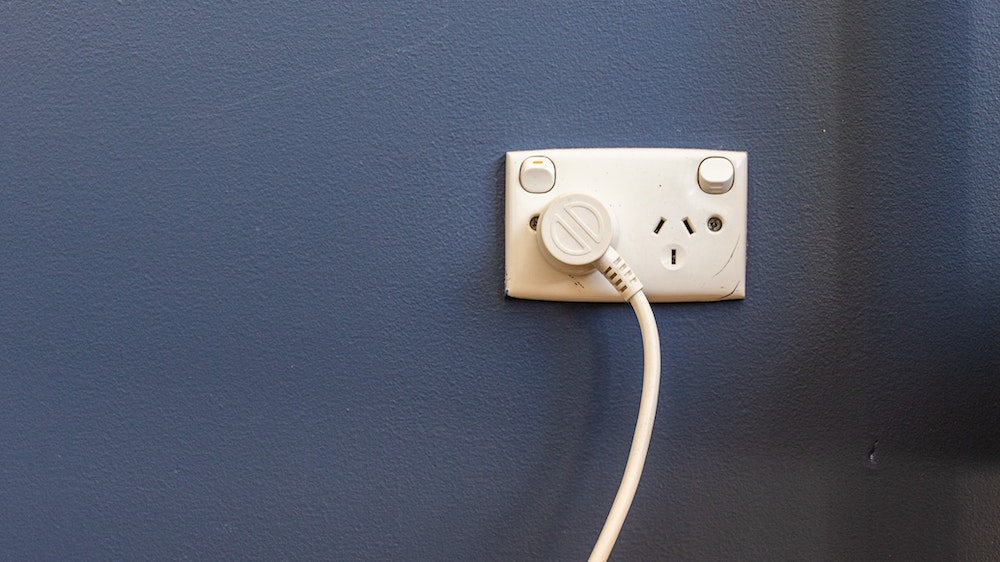What’s all the fuss about website plugins? Behind every website sits thousands of lines of code that dictate not only what it looks like but how it works. Once upon a time, if you wanted to add functionality to a site, you’d have to know how to update that code, or pay someone to do it for you.
Now, with the advent of WordPress and the enormous developer community that has sprung up around it, plugins can do a lot of the work for you. A plugin is a piece of software that integrates with your WordPress installation. It enables you to add features or functions without knowing how to write website code.
Plugins are a fantastic resource for anyone running a WordPress website, but there are a few things you need to be aware of before you start installing them. There are many, many free plugins, and not all of them are good. Some just don’t work very well, and others are deliberately malicious. The effect could be anything from slowing your site down to providing hackers with a backdoor into your site. In other words, it pays to do your homework. Here are some tips on choosing safe and effective plugins for your WordPress website.
Check the plugin ratings
When you access the plugins library from your WordPress dashboard, you’ll see that all the available plugins have a star rating in the bottom left-hand corner of the preview pane. Ideally, you’ll want to select plugins with a four-star rating or greater. Anything lower than that, and you could potentially be getting into dodgy territory.
Check the reviews
Once you’ve clicked on a plugin to see all the details, you’ll find a series of tabs beneath the plugin’s banner. Click “Reviews” to read what other users have said and whether there’s anything you might consider problematic. There will probably be more reviews than you can read, so pick a selection of the five- and one-star ratings to get a balanced overview.
Check the number of active installations
User numbers don’t lie! If a plugin is extremely popular, then you can be pretty sure it’s good.
Check when the plugin was last updated
It’s important that plugins are updated regularly to ensure there are no security issues and that they remain compatible with the most recent version of WordPress. If a plugin hasn’t been updated in a long time, it may have been abandoned by the developer.
Check what support is available
Many plugins have a user forum where you can ask for help and report issues. On the plugin information screen, click the “plugin homepage” link to see what support options and instructional documents are available. It’s a good sign that the plugin is well-maintained if the developer is active in the forums.
Check Google
Another good way to check out a plugin is simply to Google it and see what people are saying about it outside of the WordPress environment.
Lastly, it’s important to remember that not all plugins will play nicely with each other, and installing too many of them can slow your site down, even if they pass all the checks above. Therefore, only install plugins that will add essential functionality to your website.
If you’re looking for a WordPress website or WordPress hosting, get in touch with us at Moreweb for more information!


